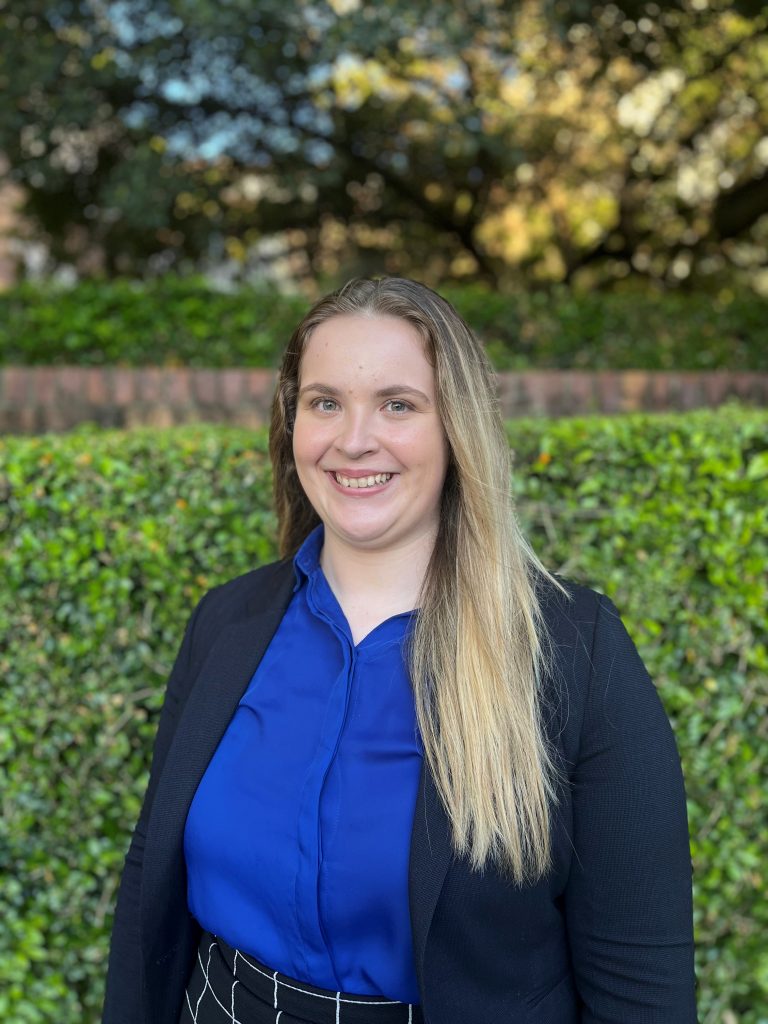
On 1 December 2022, amendments were made to some key body corporate legislation. These amendments aim to modernise the Building Units and Group Titles Act 1980 (Qld) (BUG Act) and Mixed Use Development Act 1993 (Qld) (MUD Act), by mirroring the recent amendments made to Queensland’s main body corporate legislation, the Body Corporate and Community Management Act 1997 (Qld) (BCCM Act). The amendments have an overall goal of making body corporate arrangements fairer for unit owners, rather than being grossly in the body corporate’s favour. It will be important for all unit and townhouse owners/occupiers to determine whether these amendments will impact them and if so then how.
Who is impacted by the amendments to the BUG and MUD Acts
In short, not very many people will be impacted by these amendments. The BUG Act use to regulate body corporate properties prior to 1997. After 1997, when the BCCM Act commenced, most body corporate schemes were transferred from the BUG Act to the BCCM Act.
However, that doesn’t mean that all body corporate buildings were transferred to the BCCM Act from 1997. There are some body corporate buildings that are still regulated by the BUG and MUD Acts, particularly properties that were subdivided. Unit owners should contact their body corporate if they are unsure which legislation their body corporate is subject to. The body corporate should be able to confirm this by looking at the property’s Community Management Statement. The owners/occupiers of property in the body corporates that should pay particular attention to the 1 December 2022 amendments are as follows:
• Body corporates established before 1997 that were built on subdivided properties which were not transferred over to the BCCM Act;
• Any body corporates that are mixed uses (ie. residential and retail);
• Body corporates subject to the Integrated Resort Development Act 1987 (Qld);
• Body corporates subject to the Registration of Plans (H.S.P. (Nominees) Pty Limited) Enabling Act 1980 (Qld);
• Body corporates subject to the Registration of Plans (Stage 2) (H.S.P. (Nominees) Pty Limited) Enabling Act 1984 (Qld); and
• Body corporates subject to the Sanctuary Cove Resort Act 1985 (Qld).
Key Amendments
Eight (8) amendments have been made to the BUG and MUD Acts. These amendments include:
- Information and Education Services for Unit Owners
More information and education services are to be provided to unit owners who are regulated under the BUG Act. These services will focus on informing unit owners of their rights, responsibilities and the dispute resolution methods available under the BUG Act. This increased provision of information and education services is to align with the same services offered under the BCCM Act.
- Improving Dispute Resolution Processes
The dispute resolution processes under the BUG and MUD Acts will see improvements under these amendments. The dispute resolution process has been amended to provide referees (who are employed under Queensland’s Public Service Act) with more flexibility when dealing with dispute resolution cases. While referees will be experiencing greater flexibility in their power, the referees must provide natural justice when facilitating the dispute resolution process. The amendments avoid referees being limited by formalities and the rules of evidence.
- Body Corporate Obligations
The amendments have made the body corporates obligations to unit owners clearer, especially when it comes to acting fair and reasonable. The BUG and MUD acts have inserted new subsections in their legislation expressly outlining the body corporate must act reasonably when carrying out body corporate functions and the committee-making decision. This amendment updates the BUG and MUD act to align closer with the BCCM Act, which already has this express provision in the legislation.
- Eligibility for being elected to the Body Corporate Committee
The BUG and MUD Acts have been amended to provide a threshold for unit owners who are eligible to be nominated into the Body Corporate Committee. Any unit owner (or person associated with a unit owner) who owes a debt to the body corporate, regardless of whether the debt is in another building with another body corporate, will be ineligible to sit on a body corporate committee. The reasoning behind this exclusion is to make body corporates fairer in their governance, by ensuring that those who are sitting on body corporate committees are owners not indebted to the body corporate and will be the least likely to abuse the committee power.
- Representation and Voting in Body Corporates
This is only applicable to body corporates subject to the MUD Act. Nominees who wish to become representatives of subsidiary body corporate must first be a member of the subsidiary body corporate’s committee. This aims to promote more fairness within the committee itself, by requiring representatives to already be part of the subsidiary body corporate’s decision-making committee.
- Body Corporate Committee’s decision making
Amendments have been made the BUG and MUD Acts committee decision-making. When making a decision for the committee, members must make decisions in the best interests of the body corporate and unit owners. Any member voting on a decision where a conflict of interest arises must disclose the conflict and must refrain from voting on that decision. This is to promote transparency and fairness in body corporates subject to the BUG and MUD Acts.
- Financial Management
The BUG and MUD Acts have been amended to require that financial contributions, made by unit owners, must be paid as a monetary amount. There is an exception to this rule however, if the non-monetary payment is of fair value. This amendment is to improve body corporates financial sustainability which is subject to the BUG and MUD Acts.
- Information Disclosure
The BUG and MUD Acts have been amended to the extent that the body corporate committee must provide body corporate members with committee meeting minutes and general meeting minutes within 21 days of the committee meeting being held. This is to promote transparency between the body corporate committee and unit owners (who are members of the body corporate).
If you have any questions or require assistance with purchasing a unit or assisting with understanding body corporate matters in Queensland, please contact NB Property Law for more information.
Written by

Kayleigh Swift, Associate
Kayleigh Swift is an associate in our Commercial and Property team who assists with Employment Law matters. With a high level of experience in commercial and retail leasing, voluntary and involuntary purchase and sale acquisitions, property development and employee relations, Kayleigh provides practical advice to ensure smooth business transactions.
Kayleigh Bio Page
[email protected]
(07) 3876 5111

Chloe Skubis, Lawyer
Chloe Skubis is a Lawyer in our Property team who assists with various conveyancing transactions. Chloe is very experienced in residential conveyancing and is a problem solver. She always provides efficient service to all her clients.
Chloe Bio Page
[email protected]
(07) 3876 5111
